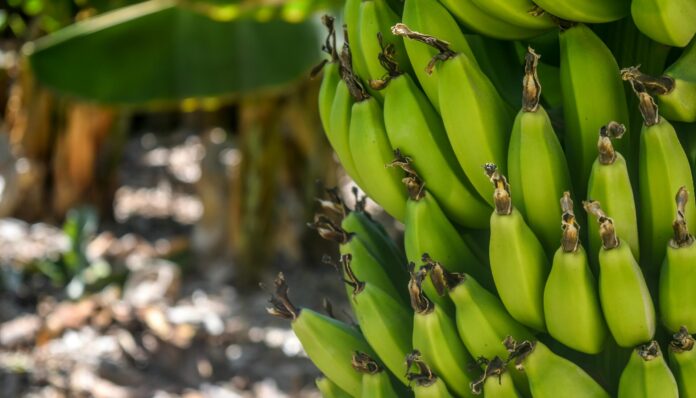Resistant starch bypasses digestion in the small intestine and reaches the colon intact. There, it acts like dietary fiber, fermenting with “good” bacteria and avoiding absorption as glucose, unlike other carbs. In response, probiotics produce short-chain fatty acids (SCFAs), which help reduce cancer risk by suppressing harmful inflammation. Resistant starch also supports blood sugar regulation and improves insulin sensitivity. Additionally, this carbohydrate (found in whole grains, underripe bananas, and legumes) triggers a feeling of fullness earlier. The ideal intake is 15 grams per day for at least eight weeks. For example, 100 grams of bananas contain 2 to 4 grams of resistant starch.




